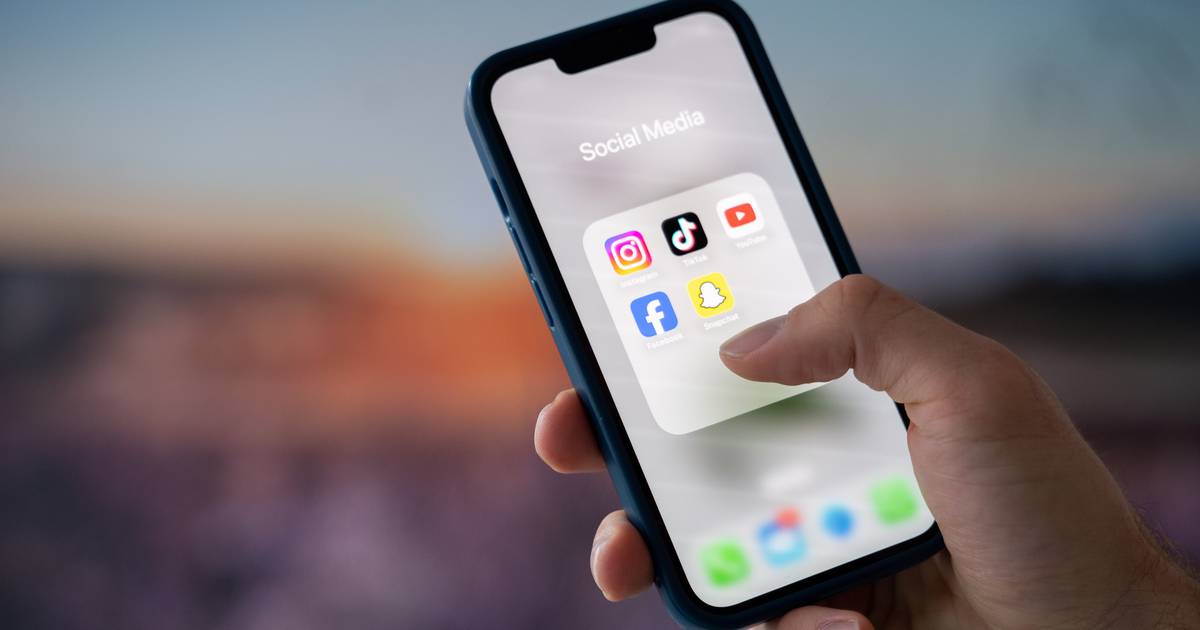Social networks could be fined more than 30 million euros if they fail to prevent children from accessing their platforms, according to new legal provisions proposed in the Australian parliament on Thursday. The law would force social networks to take steps to prevent under-16s from accessing platforms such as X, TikTok, Facebook and Instagram. If they fail to do so, they would receive fines of up to almost 50 million Australian dollars. Australia plans to trial an age verification system that could include biometrics or government ID to enforce an age limit on social media access, among the strictest controls yet imposed by a country Earth.
According to the proposal, there would be no exemption with the consent of the parents, nor an exemption for the council. there are already accounts.
The proposed law would also include strong privacy provisions requiring technology platforms to delete all collected age verification data.
“This is a significant reform. We know that some children will find workarounds, but we are sending a message to social networks to clean up,” said Prime Minister Anthony Albanese.
Communications Minister Michelle Rowland said on Thursday that social media was responsible for the “safety and mental health” of Australians.
“For too many young Australians, social media can be harmful. Almost two-thirds of Australians aged 14 to 17 have viewed extremely harmful content online, including drug abuse, suicide or self-harm” , said the minister.
“The law puts the onus on social platforms, not on parents or children, to ensure that protections are in place,” she said.
Albanese said children will have access to messages, online games and services related to health and education, such as youth mental health support platform Headspace and Alphabet’s Google Classroom and YouTube.
Someoneć Celebrated as a means of connecting and informing, social networks have been tainted by online violence, the spread of illegal content, and allegations of election interference.
If the proposed law passes, technology platforms would be given a one-year deadline to figure out how to implement and enforce the ban.
The social networks said they will continue to adhere to the new law, but warned the government not to act too quickly and without proper consultation.
Analysts have also expressed doubts that it would be technically feasible to implement a strict age ban.
Katie Maskiell from UNICEF Australia said on Thursday that the proposed law will not address the protection of all children and that much more needs to be done.
She added that the laws risk pushing young people to “secret and unregulated internet spaces”.
Several other countries have provided for children’s access to social networks.
In June, Spain passed a law banning access to social networks by 16-year-olds.
Last year, France proposed a ban on social networks for children under the age of 15, but users can avoid the ban with parental consent.
United States Council For decades, technology companies have been required to seek parental consent for access by children under the age of 13.
And in the American federal state of Florida, children under the age of 14 will be prohibited from opening accounts on social networks according to a new law that should come into force in January.
